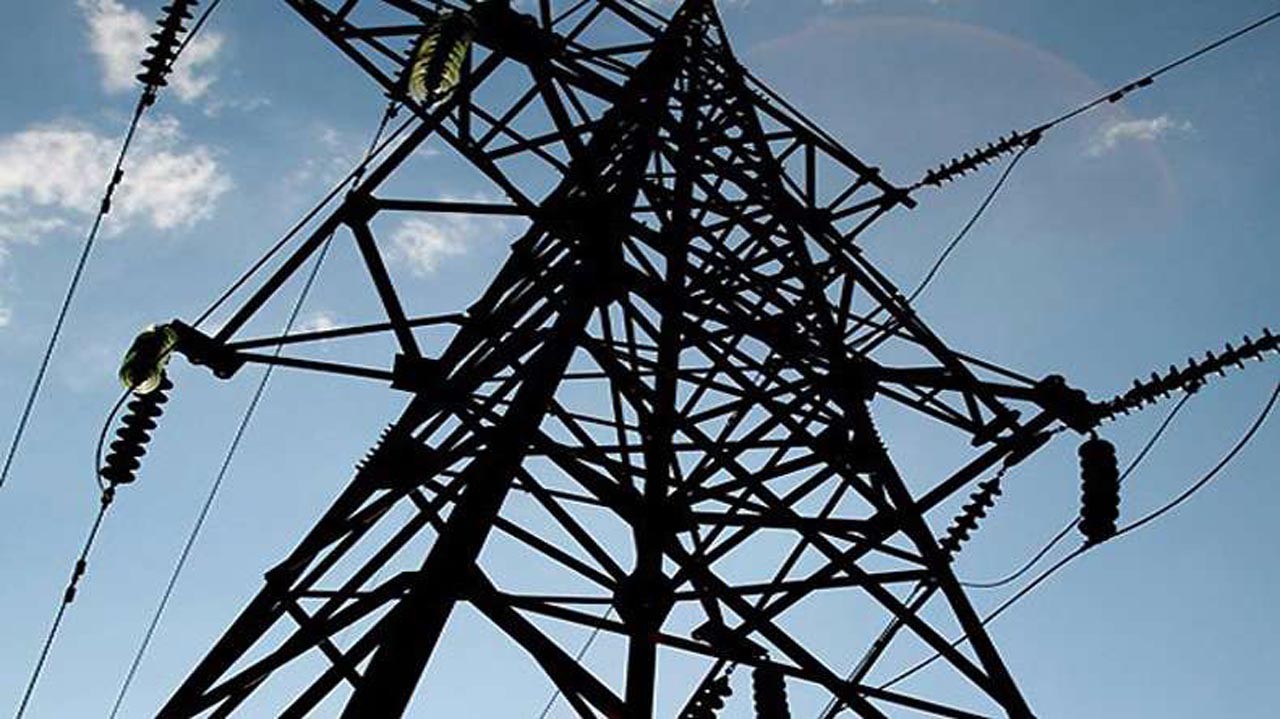The Power distribution companies in the country failed to remit a total of N1.156tn to the Nigerian Bulk Electricity Trading Plc for the electricity sold to them as of February 2019.
Discos’ total debt to NBET stood at N890bn as of July 2018, according to the Ministry of Power, Works and Housing. In February this year, three of the power firms, namely: Kano, Port Harcourt and Yola Discos, did not make any remittance to NBET.
The government-owned NBET buys electricity in bulk from generation companies through Power Purchase Agreements and sells through vesting contracts to the Discos, which then supply it to the consumers.
According to the ministry, the current commercial structure of the industry, where NBET buys all the power from generation companies, with government guarantee, and sells it to distribution companies, with no effective guarantee of payment, was supposed to be a transitional arrangement to facilitate movement to the desired commercial structure envisaged by the Electric Power Sector Reform Act 2005.
“It is not working. It has retarded the electricity market’s development,” the ministry said in a new document, called ‘Power Sector Policy Directives and Timelines.’
It said the primary threat to the survival of the Nigerian electricity supply industry “is the persistent payment defaults originating at the retail end of the industry and the resulting unstructured and unsecured debts and non-performing bank loans.”
The ministry added, “To avert systemic failure of this vital national industry, the Federal Government’s Power Sector Recovery Programme recognises the need to provide liquidity to NBET to meet its payment obligations to Gencos, notwithstanding the Discos’ failure to meet their payment obligations to it.”
According to the document, under the current collection administration arrangements, the Discos, that collect NESI revenues, exercise unfettered discretion over the proportion of market collections they remit to Gencos (through NBET) and the TCN and other upstream market participants.
“They pay themselves first. They remit on average of below 35 per cent of the amount invoiced by NBET. This places an unfair burden on Gencos and the TCN to finance the industry’s lack of financial viability,” the ministry said.
The Nigerian Electricity Regulatory Commission recently said the challenge of poor remittance had remained a serious concern to the commission, describing it as one of the main causes of the liquidity crisis facing the industry.
NERC said while the low remittance by the Discos to NBET and the Market Operator was partly due to tariff shortfall, the Discos must improve on their technical and commercial efficiency for improvement on the payment obligation to the market, thereby improving sector liquidity.
It said, “A major initiative towards improving revenue collection in the electricity industry is the provision of meters to all registered end-use consumers of electricity
“To address the poor remittance by Discos, the commission has commenced enforcement actions against Discos found to have engaged in unacceptably low remittances to NBET and the MO, factoring in all the parameters embedded in the tariff model.”
Sign in
Welcome! Log into your account
Forgot your password? Get help
PRIVACY POLICY PAGE
Password recovery
Recover your password
A password will be e-mailed to you.












